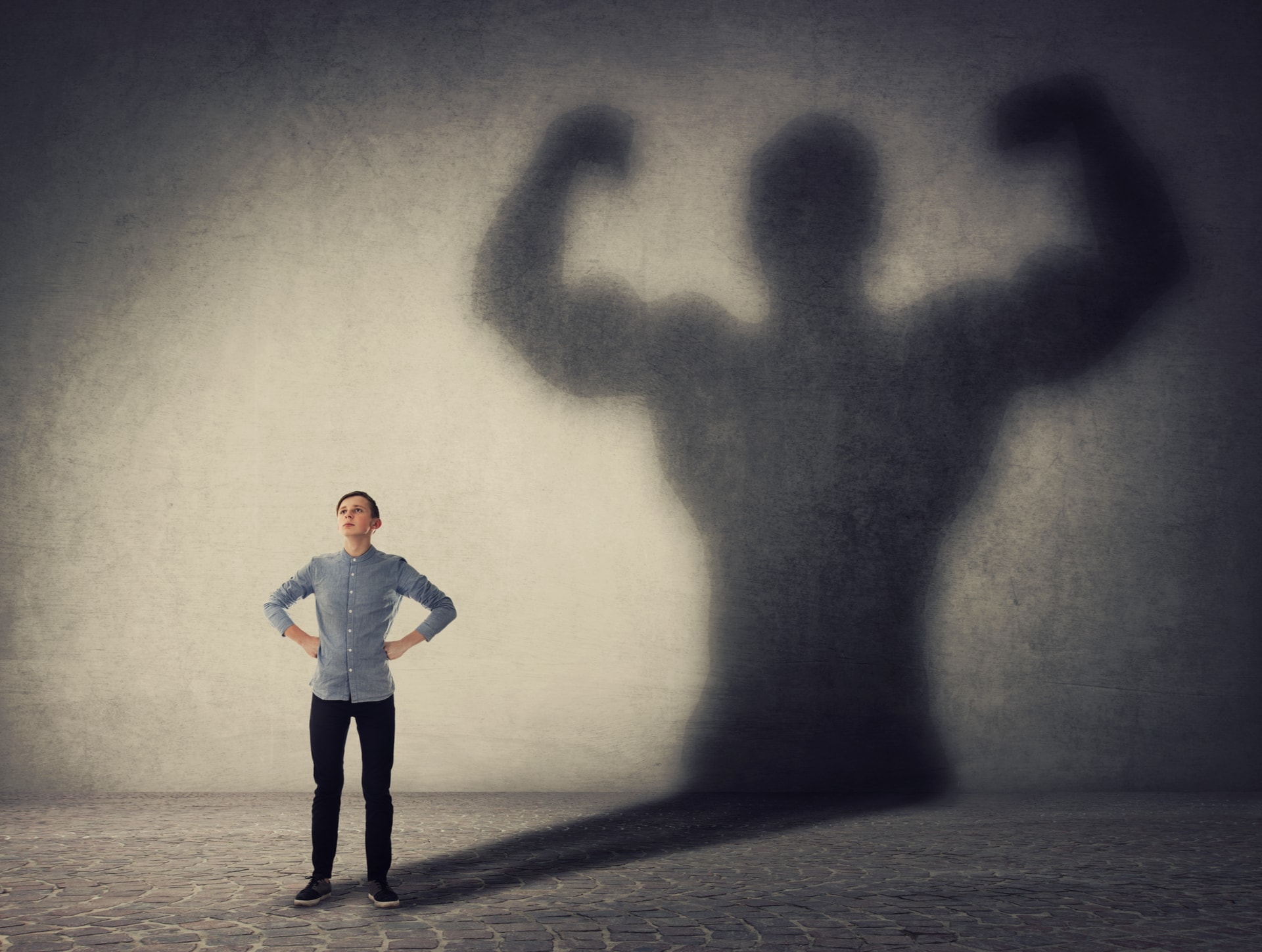SHARE
How to deal with jitters before a job interview?
Job Seeking November 8, 2019
How to deal with jitters before a job interview?
The process of finding a job at some moments can be exhausting, stressful, and with a lot of doubts that accompany it. Candidates who are beginners in this process often feel lost and discouraged, and jitters are a very frequent companion of job interviews.
Jitters are a kind of fear that occurs in situations when a person estimates that they are not ready enough for an upcoming event or that they do not have enough capacity for it. As such, jitters can encourage a person to be further prepared for an upcoming event, and then we say it is stimulating stage fright. On the other hand, it can also make a person want to quit, or they become completely blocked, and then we call it inhibitive stage fright.
There are various techniques that are used and can help people who encounter jitters, anxiety, or nervousness before an important upcoming event. In subsequent lines, we will try to present practical techniques that can help you prepare for an important upcoming event.
1. What is the worst that can happen?
In situations when you feel nervous and insecure about your knowledge or skills, it is useful to ask yourself a question “What is the worst that can happen?”. It happens that people in stressful situations perceive those situations as worse and harder than they really are and anticipate consequences as more significant and more serious compared to what may really happen. When you ask yourself this question, you will realize that what can happen is not the worst thing and that the situation is not as bad and irreversible as it seemed to you at first glance. Then the feeling of tension and anxiety will be reduced, and this will help you be more relaxed about the upcoming event.
2. 4 – 7 – 8 breathing exercise
This is a technique that can significantly help you rid yourself of the feeling of tension just before an important event. It is straightforward, and it takes about five minutes to perform it:
- Place yourself comfortably in a chair and close your eyes
- Breathe deep through your nose counting to 4
- Then, hold your breath counting to 7
- Exhale slowly counting to 8
You can repeat this technique several times. Deep breaths will help you inhale the oxygen into your system, which is very important for its functioning. Holding breath helps us intake oxygen into our bloodstream and reach all cells of the organism. The last step, the exhale, will slow the heart’s work and return it to normal. This exercise can also serve when you have troubles sleeping.
3. Superhero posture

Different pieces of psychological research confirm the thesis that taking a specific position of the body can affect the increase in confidence. The pose of superheroes involves standing in the so-called open position, with spread legs, your hands on hips and with eyes looking up. This posture can cause changes in behaviour and neuroendocrinological system (an increase of testosterone, as well as a reduction of cortisol, often referred to as the stress hormone). Besides, people who occupy the pose of superheroes have a greater tendency to take risks.
4. Progressive muscular relaxation
This technique allows us to have deep muscle relaxation, as it reduces the feeling of tension and anxiety. For this technique, you can take out 15 minutes and also exercise in everyday situations. The essence of the exercise is alternating contractions (about 5 seconds) and the relaxation of a certain group of muscles. Between each muscle group, take a 15-seconds recess. You can start the exercise from your head, and down to the following muscle regions:
- head (lifting of the forehead)
- neck (lifting the shoulders high to the neck)
- back (touching the shoulder blades)
- hands (relaxing and tightening the fist)
- chest (deep breath)
- stomach (retracting the stomach)
- legs (relaxing and tightening of the whole leg)
- calves (relaxing and tightening)
- feet (strong push of toes to the interior of the foot)
Switching between tension and relaxation, you will learn to distinguish these conditions and become more aware of the parts of your body that are particularly tense.
In the previous rows, we went through just some of the techniques that exist, and that can greatly help you fight stage fright. None of these techniques can guarantee that you will never have any more jitters, which should not happen indeed. As we have stated at the beginning of the text, stage fright can have a positive impact and stimulate you. These techniques can help you relax and start thinking about a constructive and productive way that is aimed at presenting yourself in the best light of an upcoming event.




